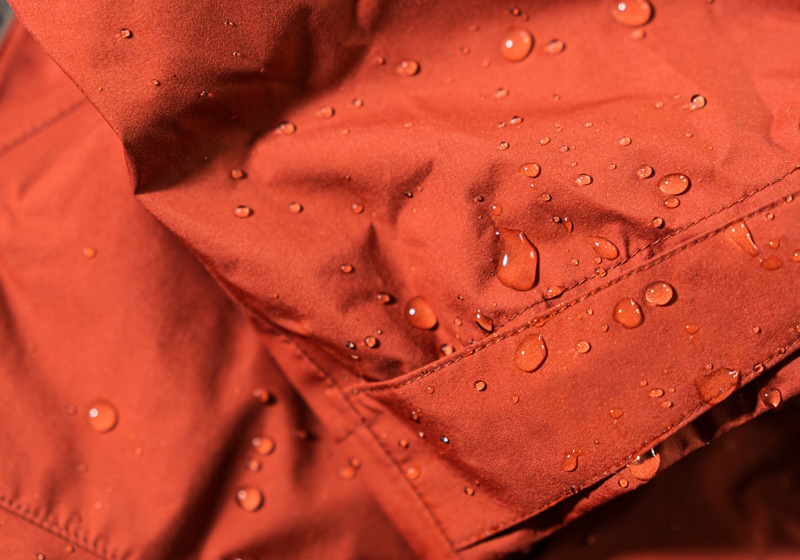
Category: DYES AND CHEMICALS
Country: Italy
By Haydn Davis
02 October 2023
PRATO - Researchers in Italy have called for a longer time scale for the introduction of rules restricting the allowed levels of PFAS chemicals in recycled textiles.
During an extensive research project, the team from the Prato-based TIL Test and Innovation Lab in conjunction with Confindustria Toscana Nord, examined 93 samples of recycled wool, cashmere, cotton, and synthetic fibres and yarns with 49 samples consisting of virgin fibres also scrutinised.
The key finding was that 100% of the regenerated samples examined contained measurable total contamination from organic fluorine (≥ 5mg F/kg).
Moreover, in 86% of the cases, concentrations were between 5mg and 50mg F/kg, 12% had concentrations between 50 and 100mg F/kg, and 2% of samples contained total organic fluorine of more than 100mg F/kg.
"PFAS chemicals are a family of around ten thousand different substances that are used in a range of sectors, and have serious effects on human health," the research team said in the report. "The problem of these substances is extremely current problem - even in textiles - especially now that different countries are seeking to ban them by applying increasingly restrictive standards. PFAS contamination is present even when these substances are not directly used as part of the processing cycle."
The research also highlighted how of the textiles made with virgin fibre, 96% of the samples examined showed contamination between 1 and 50mg F/kg and 4% presented contamination of more than 100 mg F/kg (samples with water-repellent treatment).
The European Chemicals Agency (ECHA) is currently considering following the lead of lawmakers in California by introducing a 50 mg F/kg limit in all textiles by the beginning of 2027.
If this takes place, however, researchers warned that the market for recycled textiles could risk a significant slowdown. "For regenerated textiles, above all those made using animal fibres (wool and cashmere), where the origin of the raw material is almost exclusively post-consumer, it is practically impossible to obtain the traceability of the materials that will be regenerated," researchers said. "Under these conditions, the manufacturer, importer or user downstream, in case of samples with total organic fluorine above 50 mg F/kg, will never be able to demonstrate the origin of any fluorine detected.
"Therefore, it would be an insurmountable obstacle to the market for recycled and raw materials of animal origin, even if the European regulations on eco-design incentivises the use of recycled fibres."
"For this reason, the proponents of this study propose setting a 12 year derogation for the application of restrictions to recycled fabrics, to give the industry time to develop processes and technologies that will allow it to manage this restriction."
Researchers also noted that it was necessary to take into account that for some applications, PFAS free auxiliary chemicals with comparable performance characteristics are not yet available on the market.
Courtesy: https://www.ecotextile.com
Copyrights © 2026 GLOBAL TEXTILE SOURCE. All rights reserved.